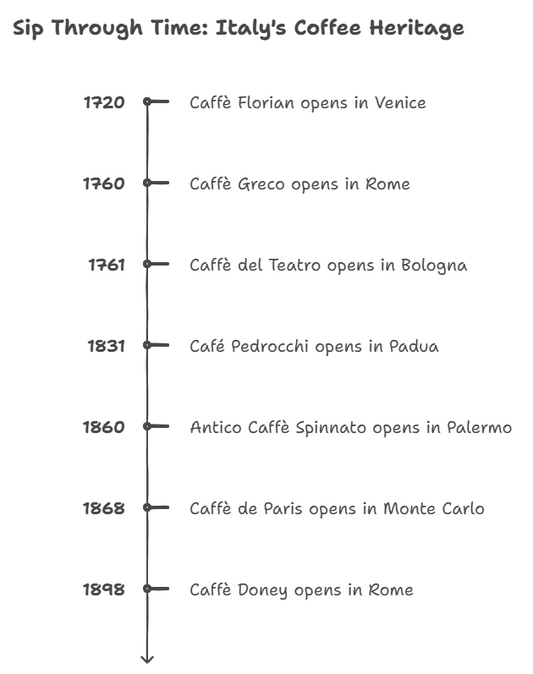
When we think of Italy, we often associate it with Rome, the ancient city that was once the center of the Roman Empire. However, have you ever wondered why the country is called Italy and not Rome?
The name "Italy" comes from the word "Italia," which was used by the ancient Greeks to refer to the southern part of the Italian peninsula. As the Roman Empire collapsed, the term "Italia" began to be used more widely to represent the entire peninsula.
In this section, we will explore why Italy is not called Rome, despite the city's historical and cultural significance. We will examine the differences between Italy and Rome, the role of Rome as a political and cultural center, the emergence of other important Italian cities, and the factors that led to the naming of Italy.
Difference between Italy and Rome
While Rome is undoubtedly one of the most significant cities in Italy, it is not representative of the entire country. Italy is a diverse nation with many distinct regions, cultures, and languages. Rome may be the capital of Italy, but it is just one city among many that contribute to the country's rich history and identity.
The fall of the Roman Empire
Rome's significance as a political and cultural center dates back to ancient times. It was the capital of the Roman Empire and the center of the Catholic Church, which had a profound influence on European history and culture.
The “Holy Roman” Kingdom was disbanded in 1806. Rome and Romans independently failed to give a name to their nation throughout the Republic and the Empire in the Imperial time. Throughout that period, there was no time when the Italians were singled out as homogeneously as well as distinctly Roman.
The cultural name “Roman” was without a doubt conserved by a few (for years). However, it was practically unidentified by individuals in Eastern European countries. Of a generation mostly ignored by everybody at a particular point, the “Romanians” were split up from the various Latins by barbarians meaning that they were referred to as foreigners by their non-Latin Slavic, Hungarian, Germanic, and Ancient greek acquaintances.
The emergence of other Italian cities as important centers
Over time, other Italian cities emerged as important centers of culture, commerce, and political power. For example, Florence was a major center of the Renaissance, and Venice was a key maritime power in the Mediterranean. These cities, along with others such as Milan, Naples, and Turin, contributed to Italy's rich cultural and historical legacy.
Thereafter the process of Incorporation of Italy began merely nine years later on, following the 1815 Authority of Vienna. It was an era when “Roman” had given up on meaning spiritual, excellent, and political power as well as cultural descendants.
Factors that led to the naming of Italy
The naming of Italy can be traced back to the ancient Greeks, who referred to the southern part of the Italian peninsula as "Italia." Over time, the name Italia was used to refer to a broader region that included the entire peninsula.
The idea of contemporary Italy wasn’t actually automatically at first related to centralizing the peninsula around Ancient Rome, but instead on the succession of folks with a typical dialect, tradition, ancestry as well as land, along with the continuous restriction of the political strength of the Papacy or the function in the dealings of the globe, by carving a unitary state from the belongings as well as engulfing it.
The name eventually evolved into Italiae, which was used to denote the region during the Roman Empire. In the Middle Ages, Italy was divided into many small states, each with its own language and culture. The idea of a united Italy began to emerge in the 19th century, as intellectuals and politicians sought to create a single, independent nation. In 1861, the Kingdom of Italy was established, with Turin as its capital. Rome did not become the capital of Italy until 1870 when it was finally incorporated into the new nation.
In conclusion, while Rome is an important city in Italy, it is not representative of the entire country. Other Italian cities have contributed to Italy's rich cultural and historical legacy, and the name Italia was chosen to reflect the country's diverse regions and people.
In conclusion, while Rome was undoubtedly an important city in Italy's history, the name Italy has its roots in the Italic tribes that inhabited the region long before the rise of Rome. The use of the name Italy helped to create a sense of unity among the different regions and tribes that had been brought under Roman rule and has become synonymous with the country as a whole.




